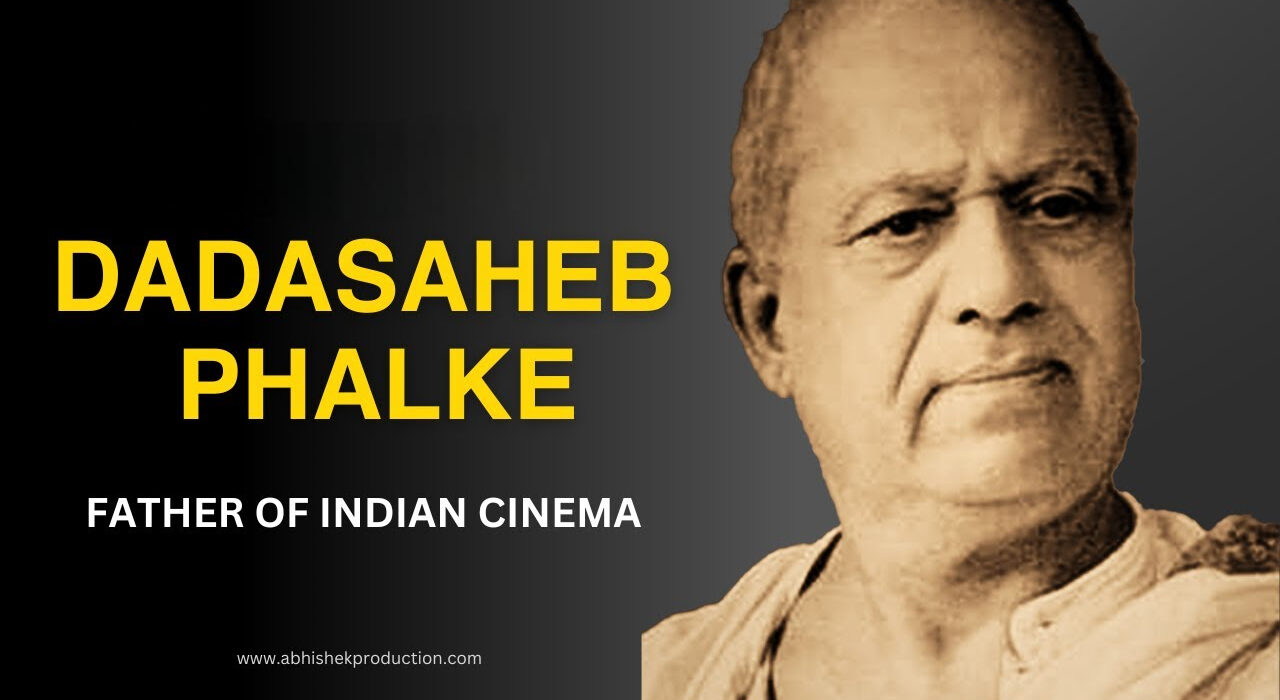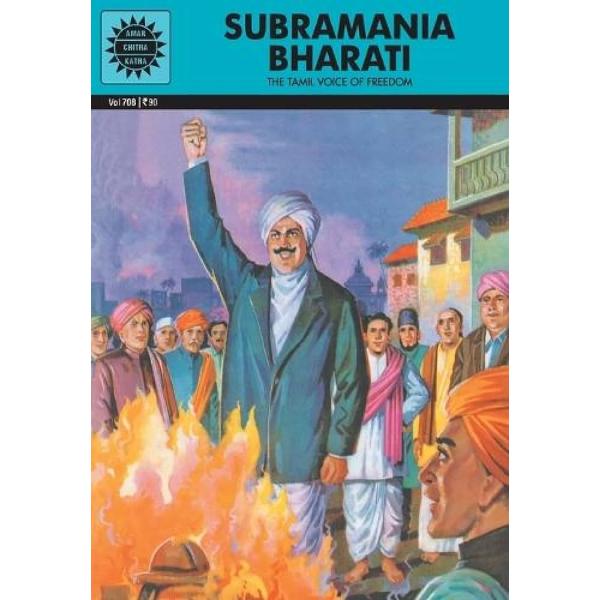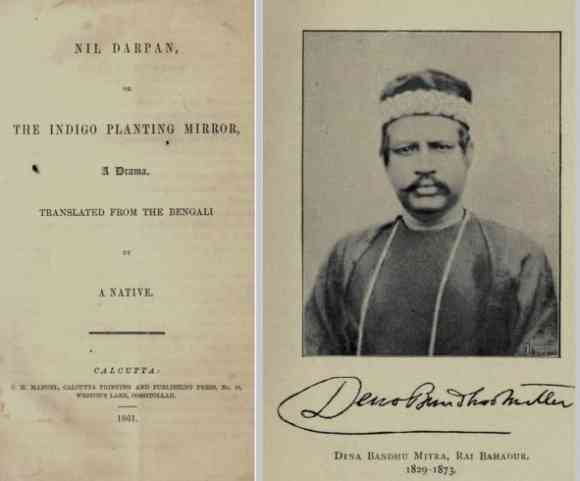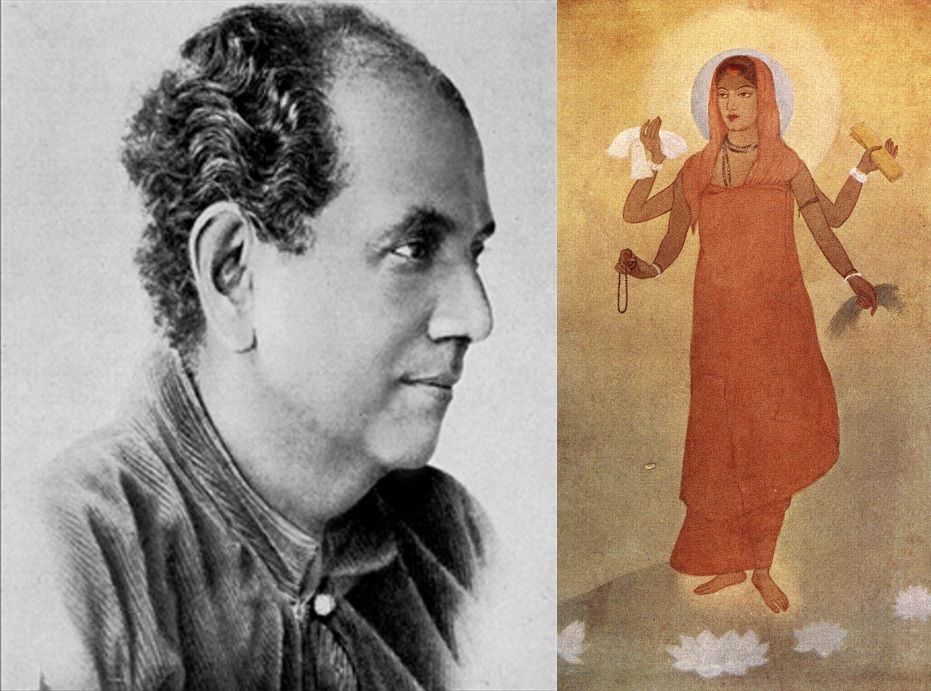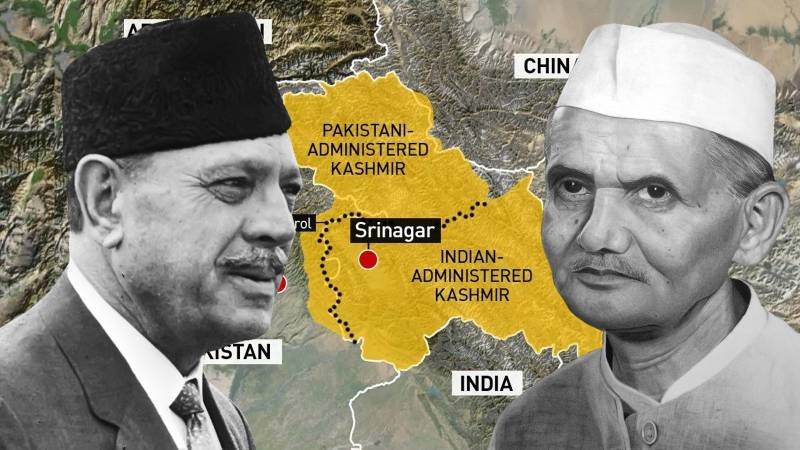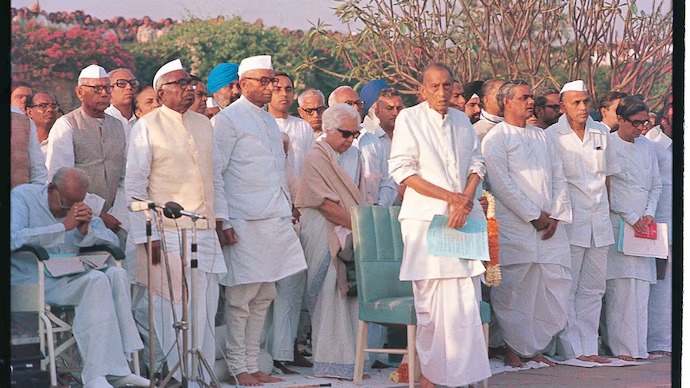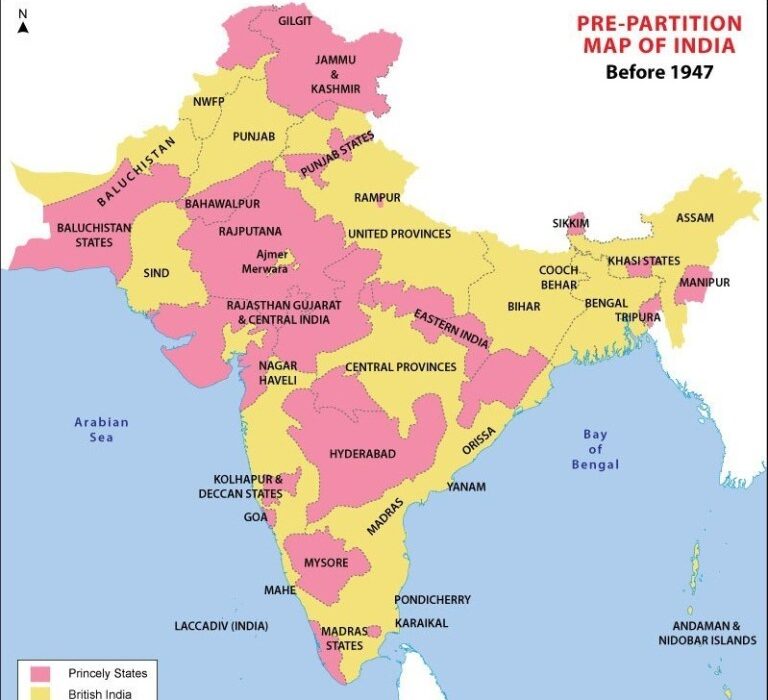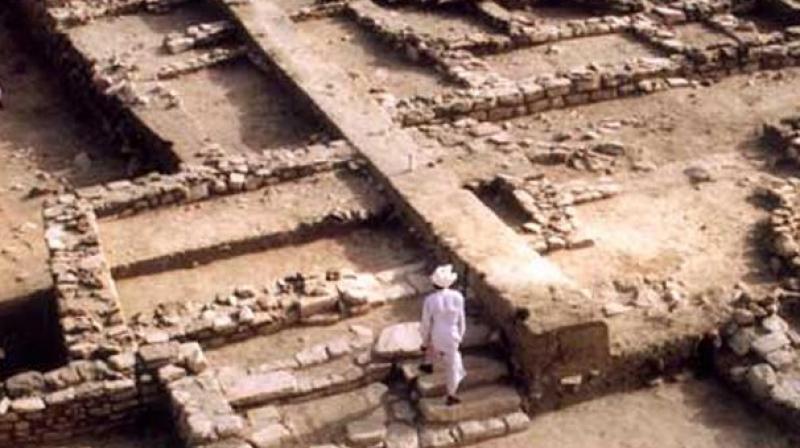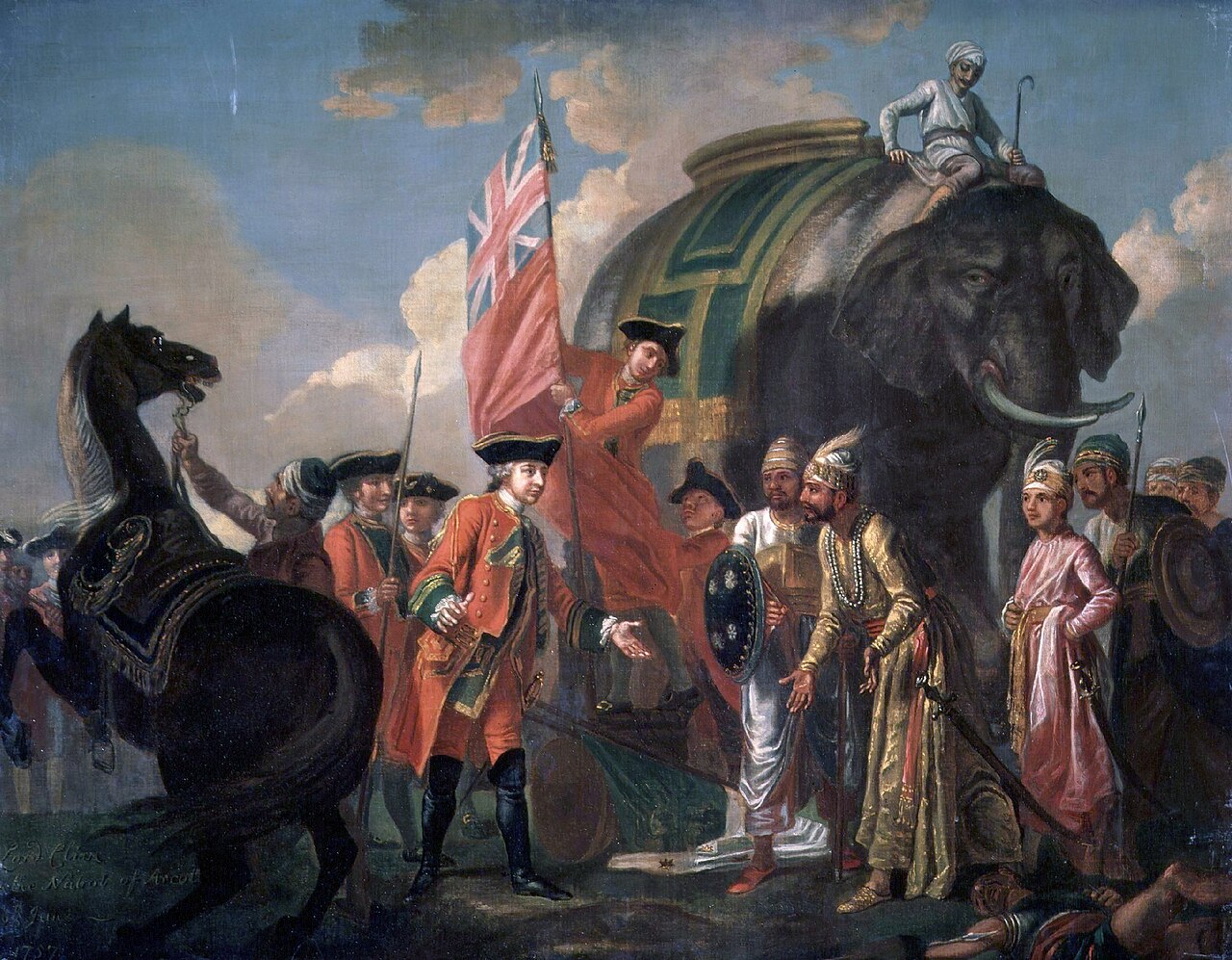Dadasaheb Phalke: The Father of Indian Cinema
Dhundiraj Govind Phalke (1870-1944), popularly known as Dadasaheb Phalke, is widely regarded as the "Father of Indian Cinema." A pioneer filmmaker, director, producer, and screenwriter, Phalke made the first full-length Indian feature film, Raja Harishchandra (1913), and laid the foundation for the Indian film industry. While his films were primarily mythological and not overtly political,

